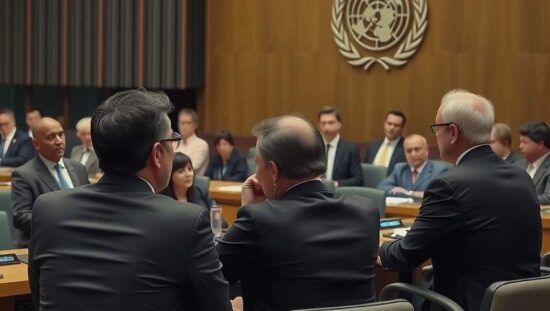The United States’ rejection of a global minimum corporate tax has prompted renewed hope among activists that a United Nations-led agreement can still be reached. The US decision effectively undermines the 15 percent minimum tax, a project spearheaded by the Organisation for Economic Co-operation and Development (OECD) in 2021.
Markus Meinzer of the Tax Justice Network stated that the US move “ends the project” arguing that the tax was primarily designed to impact US corporations.
Currently, discussions are underway in New York regarding a UN tax framework convention. Meinzer suggests these negotiations offer greater transparency due to live broadcasting and that the UN possesses a higher degree of legitimacy compared to the OECD, which is often perceived as a forum dominated by wealthy, former colonial nations.
The influence of US President Donald Trump was evident in Canada’s withdrawal of a digital tax on tech companies following pressure from Washington.
Meinzer emphasized the importance of global cooperation in countering such influence, suggesting that nations like India, Brazil and South Africa may share more common interests than European tax havens. The outcome of the UN discussions could significantly impact the future of international tax policy and corporate accountability.





